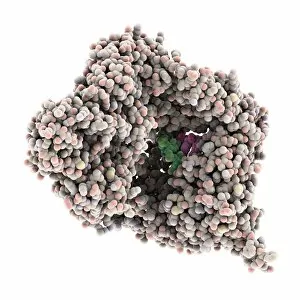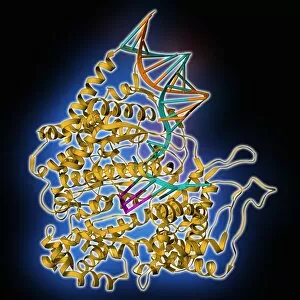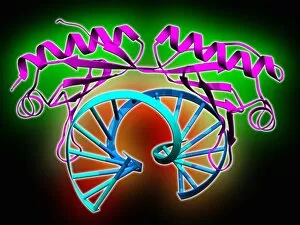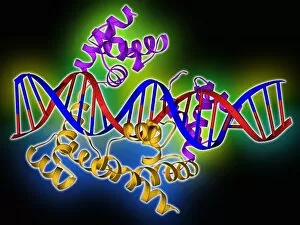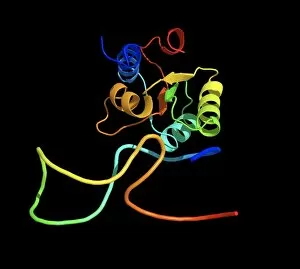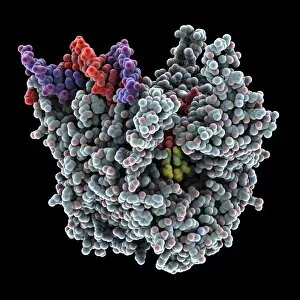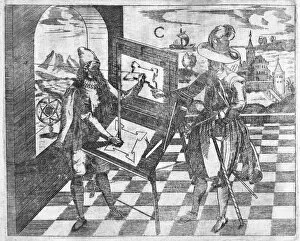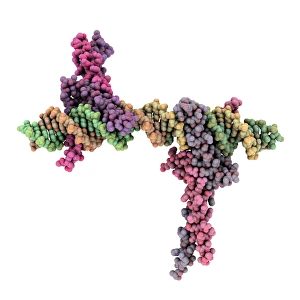Transcription Collection (page 3)
"Unlocking the Secrets of the Past: The Art of Transcription" In the world of academia, it has long been a vital tool for unraveling historical mysteries
All Professionally Made to Order for Quick Shipping
"Unlocking the Secrets of the Past: The Art of Transcription" In the world of academia, it has long been a vital tool for unraveling historical mysteries. From deciphering ancient manuscripts to preserving invaluable documents, transcribers have played a crucial role in preserving our collective knowledge. Dating back to medieval times, transcription was often undertaken by dedicated scholars known as scribes. These meticulous individuals painstakingly copied texts by hand, ensuring that valuable information was not lost to time. Their work allowed us to delve into the minds of great thinkers and gain insights into their ideas and philosophies. One such example is the Charter (Fragments) from the 16th century. Through careful transcription, these fragments provided glimpses into past societies and shed light on their legal systems and governance structures. It also extended beyond written words. Military badges served as symbols of honor and bravery, with each intricate detail requiring precise replication through skilled transcribers' hands. The artistry involved in they are be seen in engravings like "Transcriber at Work. " This depiction captures the intense focus required during this process as every stroke etches history onto paper or metal surfaces. Throughout history, various fields have relied on transcription's accuracy and attention to detail. In an engraving titled "Grossissement et transcription des dépêches photographiques dans Paris assiégé, " we witness how even during wartime situations like besieged Paris, transcribing dispatches became essential for communication amidst chaos. Advancements in technology brought about new forms of transcription. The Scheutz Difference Engine No 3 showcased precision engineering combined with accurate data input through mechanical means—a testament to human ingenuity pushing boundaries further and has empowered individuals who are visually impaired but possess exceptional typing skills. The image depicting blind typists at Royal Normal College showcases how this skill enabled them to participate fully in society despite their challenges—an inspiring display of inclusivity achieved through transcription.

